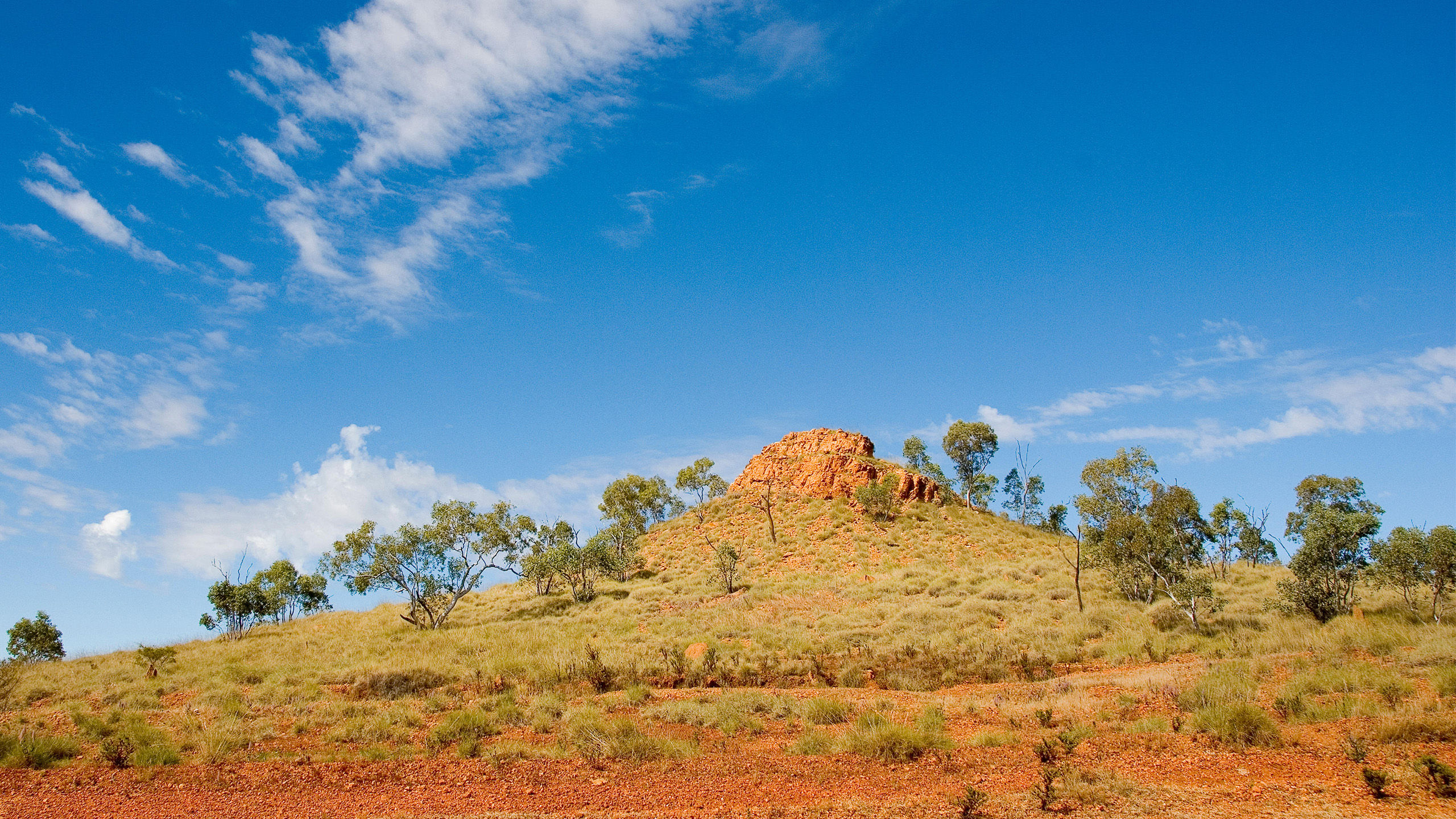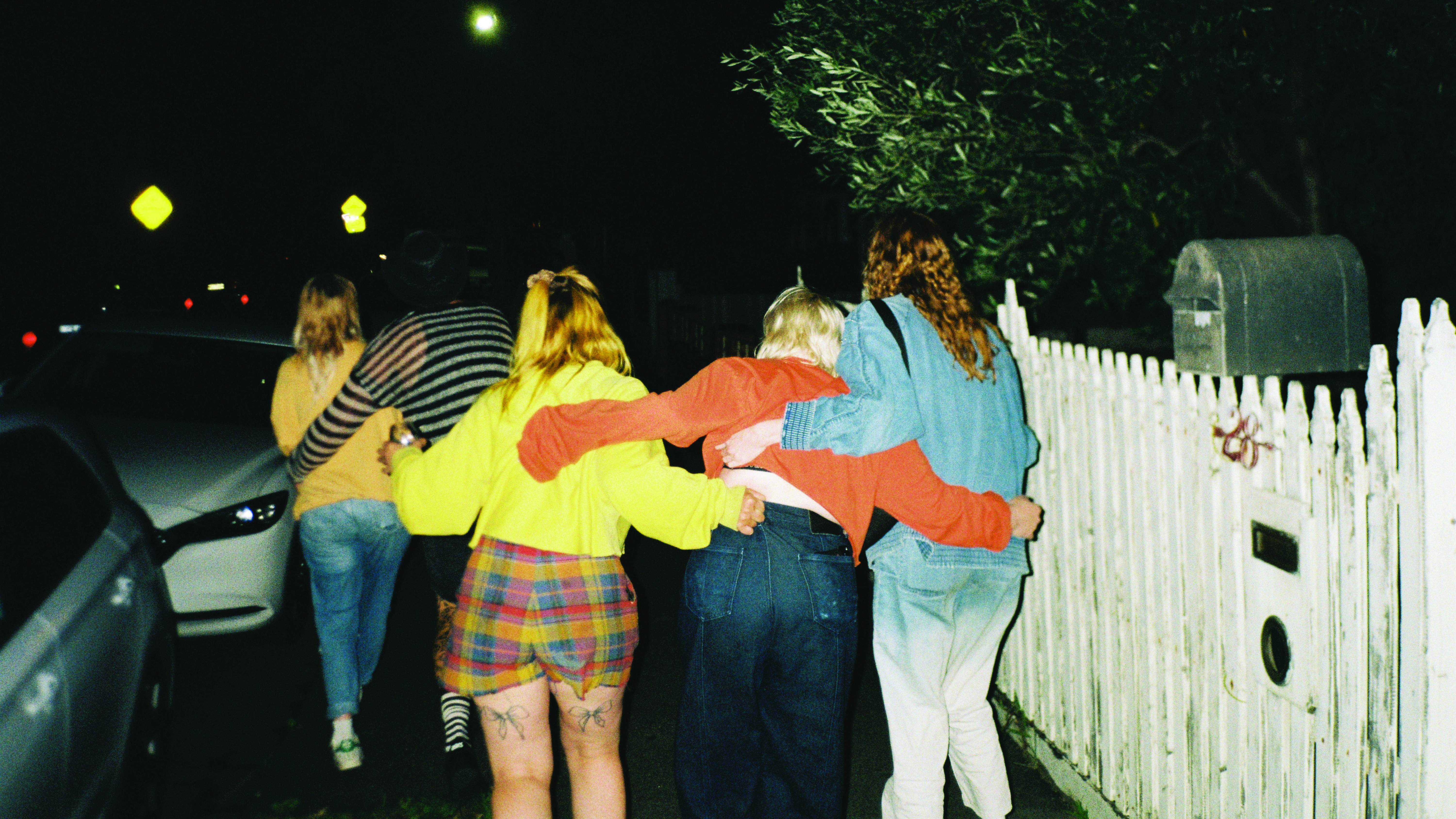Unthinkable
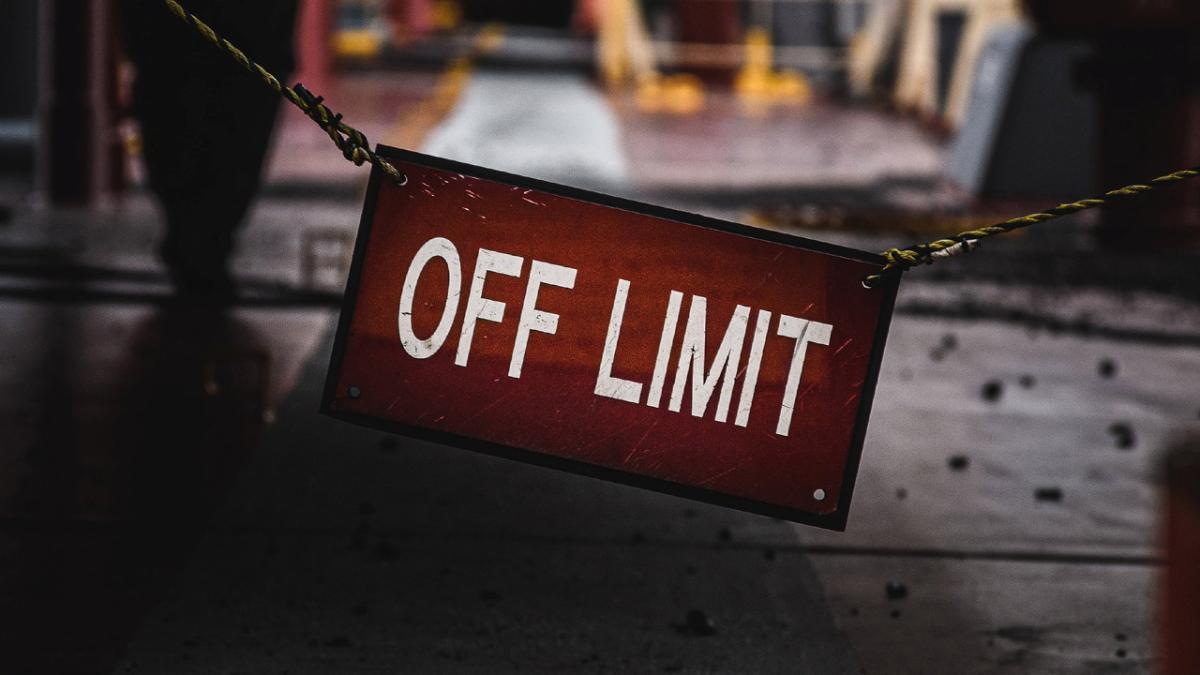
It’s time to think about things differently, to shake things up. We often think of progress as building slowly and steadily on what has happened in the past but sometimes, we just need to look at things completely differently. It’s not always easy to throw out a comfortable understanding of how things work, but with the right guides these short talks will give you some fresh perspectives on our relationship with nature and culture, and how we understand our bodies. Speakers and topics include:
-
Felix Aplin | Building better brains
-
Kate Faasse | This talk may cause side effects
-
Tema Milstein | Flying your nature freak flag
-
Adam Bayes | Could ‘magic’ mushrooms become medical mushrooms?
-
Lucas Lixinski | Post-apocalyptic cultural heritage
This session is co-presented by the UNSW Centre for Ideas and Festival of Dangerous Ideas.
TICKETS
Pricing
Standard – $25
Multipacks
Multipack tickets are on sale now! Single tickets will be released closer to the Festival dates (and will be subject to availability).
A multipack consists of 3 or more tickets to different FODI talks. After you have selected 3 or more tickets to different talks*, you may also add additional individual tickets to your order. Purchasing a multipack will provide a 15% discount across your entire cart (discount applied at check out).
*Free sessions are not included in the 3 different sessions needed to create a multipack. No concession pricing is available for multipacks, and booking fees apply.
For more information, head here.
LIVE EVENT & VENUE
This event will take place live at Carriageworks.
VISITOR SAFETY INFORMATION
The health and safety of our patrons is our top priority. This event will abide by the Public Health Order prevailing at the time. Please follow our conditions of entry, and check back here for updated information prior to the event.
- Do not attend the event if you feel unwell, have recently experienced any cold or flu-like symptoms or are awaiting the results of a COVID-19 test.
- Face masks are recommended.
ACCESS
Wheelchair Accessible
Carriageworks has a wheelchair ramp and level access at all entrances. There is level access and accessible seating available in all venues along with multiple accessible toilets. Accessible parking is available at the end of Carriageworks Way, with entry via 229 Wilson Street. The closest train station with wheelchair access is Newtown Station.
Access Services
For all access services, please contact the Festival of Dangerous Ideas directly at contact@festivalofdangerousidea.com.
PUBLIC TRANSPORT & PARKING
Carriageworks is easily accessible via public transport. It is an eight-minute walk from Redfern Station, a 10-minute walk from Macdonaldtown Station or 15-minute walk from Newtown Station along with numerous bus routes available. For trip planning, maps and ticket info, visit transportnsw.info or call 131 500.
Limited on-site (with entry via 229 Wilson Street) and street parking is available. For additional transport information visit the Carriageworks website.
CONTACT
Festival of Dangerous Ideas
For all event enquiries, please email contact@festivalofdangerousideas.com or visit here.
UNSW Centre for Ideas
For all other enquiries, please call the Centre for Ideas on 02 9065 0485 or email centreforideas@unsw.edu.au.
The Centre for Ideas is happy to receive phone calls via the National Relay Service. TTY users, phone 133 677, then ask for 02 9065 0485. Speak and Listen users, phone 1300 555 727 then ask for 02 9065 0485. Internet relay users, visit relayservice.gov.au, then ask for 02 9065 0485.
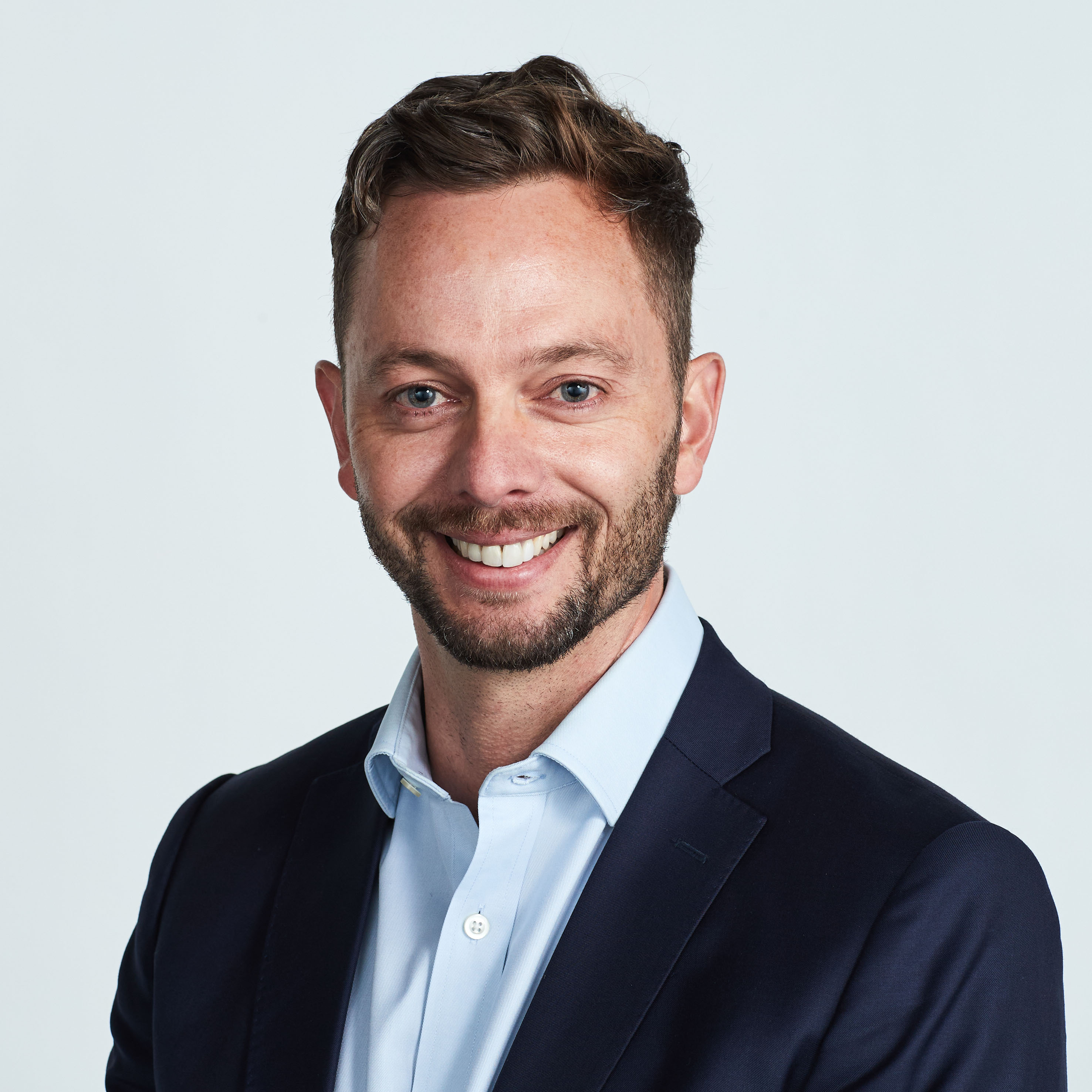
Adam Bayes
Dr Bayes is a clinical academic psychiatrist with a special interest in mood disorders (depressive and bipolar conditions) including their diagnosis, classification and treatment – with the latter focusing on interventional psychiatry (e.g. rapidly acting antidepressants) and novel neurostimulation (transcranial magnetic stimulation; TMS). Adam works at the interface of research and clinical application, and has an interest in developing models of care most recently establishing the BDI Ketamine Treatment Program which arose out of a clinical trial. In addition to spending half of his time managing patients as a psychiatrist, he is actively engaged in teaching and mentoring medical students, psychiatry registrars, higher degree researchers as well as contributing to treatment guidelines and conducting workshops for psychiatrists and GPs. Adam currently works at UNSW Sydney.
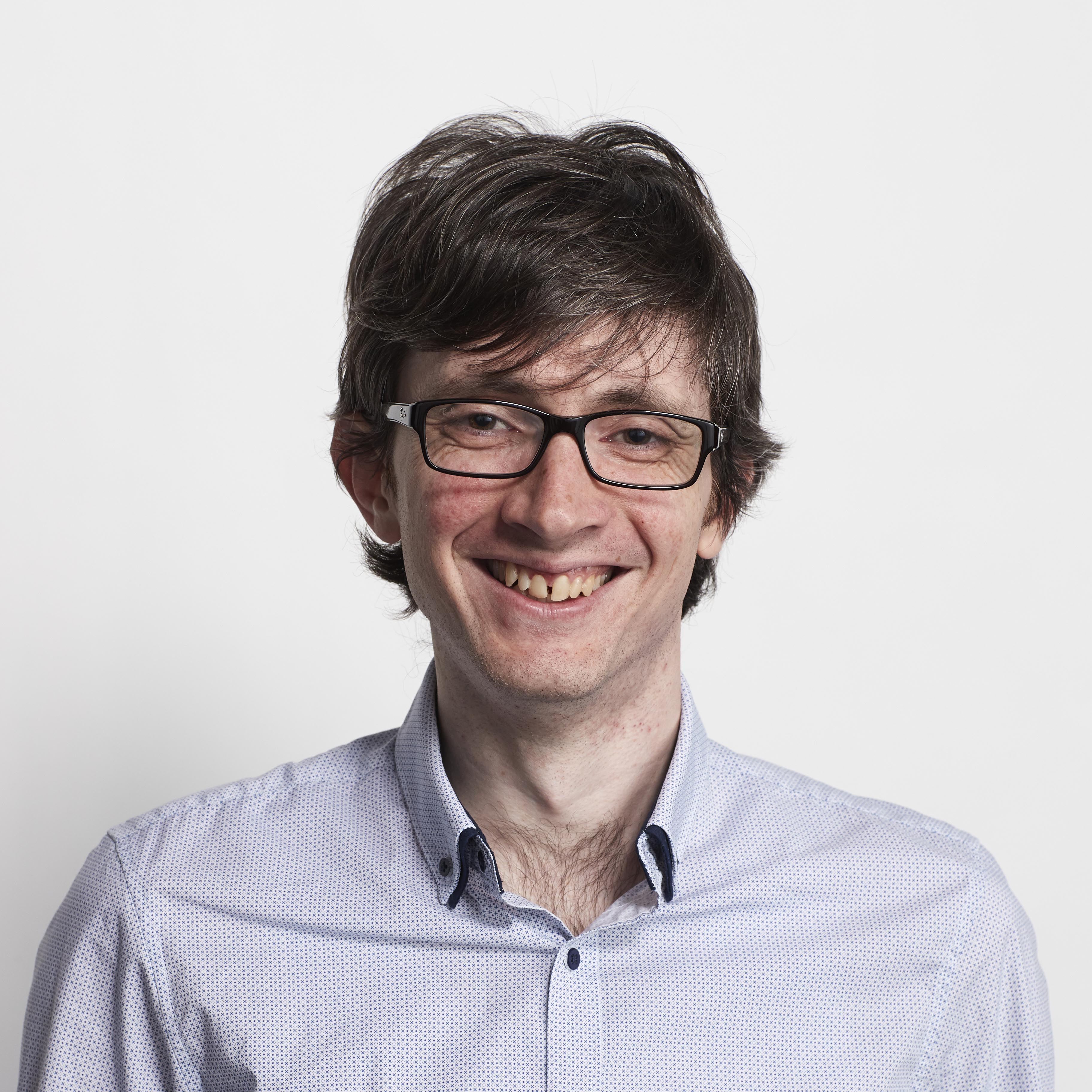
Felix Aplin
Felix Aplin is a postdoctoral fellow at the Translational Neuroscience Facility, Faculty of Medicine & Health at UNSW Sydney. He holds a PhD in Medical Sciences from the University of Melbourne, and has completed research fellowships at Johns Hopkins Hospital and Hannover Medical School. He is currently a chief investigator at UNSW exploring new treatments for chronic pain, and he also works in neural engineering, medical bionics, brain-machine interfaces, and neural degeneration. He is particularly interested in using technology to connect with, and repair, our nervous systems.
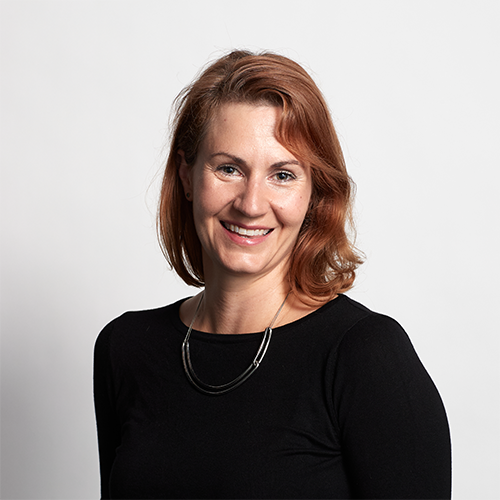
Kate Faasse
Kate Faasse is a Senior Lecturer in Health Psychology, in the School of Psychology, Faculty of Science at UNSW Sydney. She is an ARC DECRA awardee, and recently received an Early Career Research Award from the International Society for Behavioural Medicine. Faasse’s main research area focuses on the nocebo effect – the dark side of the placebo effect – where negative expectations can cause unpleasant side effects. Her research explores how nocebo effects form, and how we can stop them.
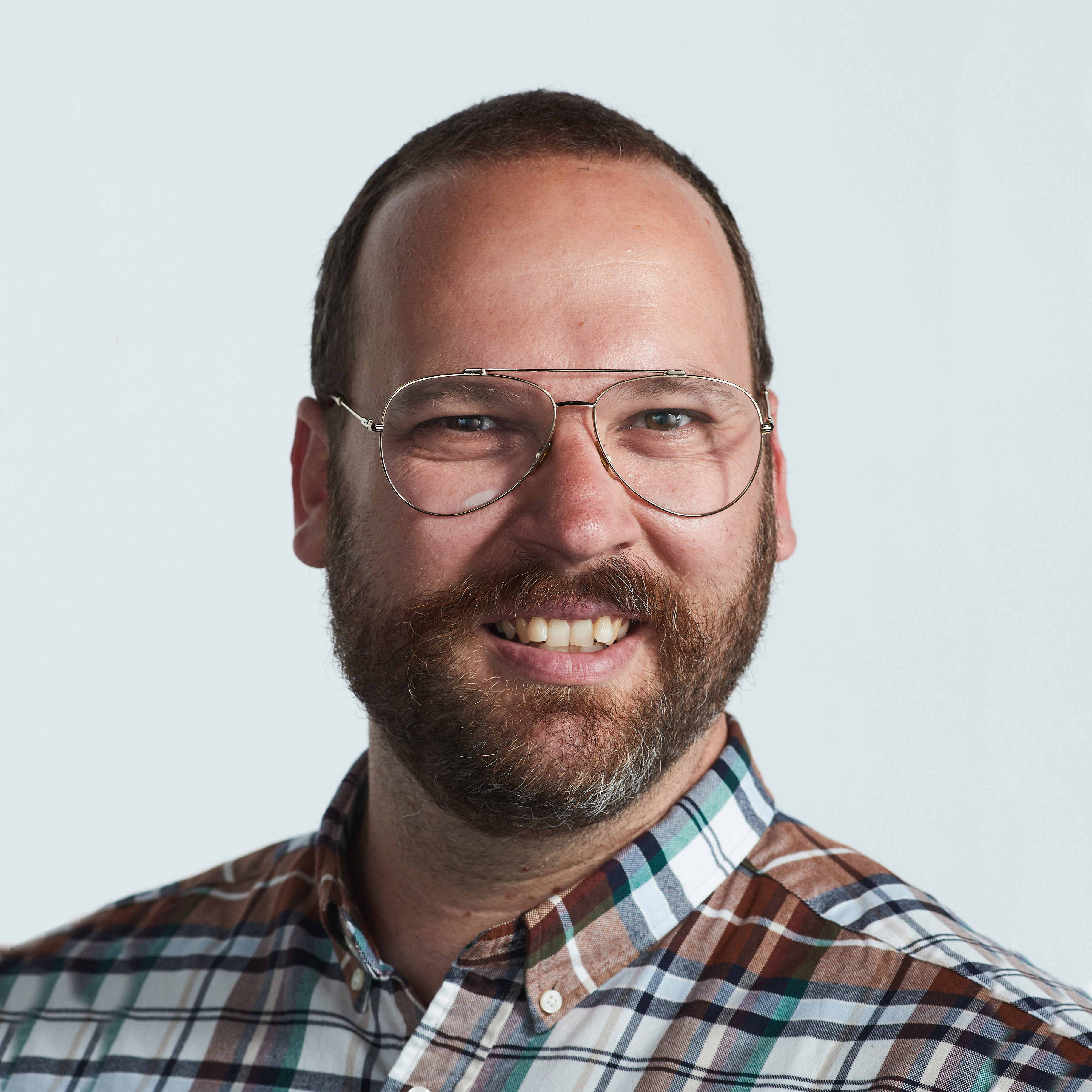
Lucas Lixinski
Dr Lucas Lixinski is a Professor in the Faculty of Law & Justice, UNSW Sydney. His work analyses how the law shapes identity via cultural heritage protections. His latest book, Legalized Identities, argues that cultural heritage law helps us redefine our societies in the aftermath of a war or dictatorship in deeper ways than we usually acknowledge. The book also argues that racist monuments to the past should not remain unchanged.
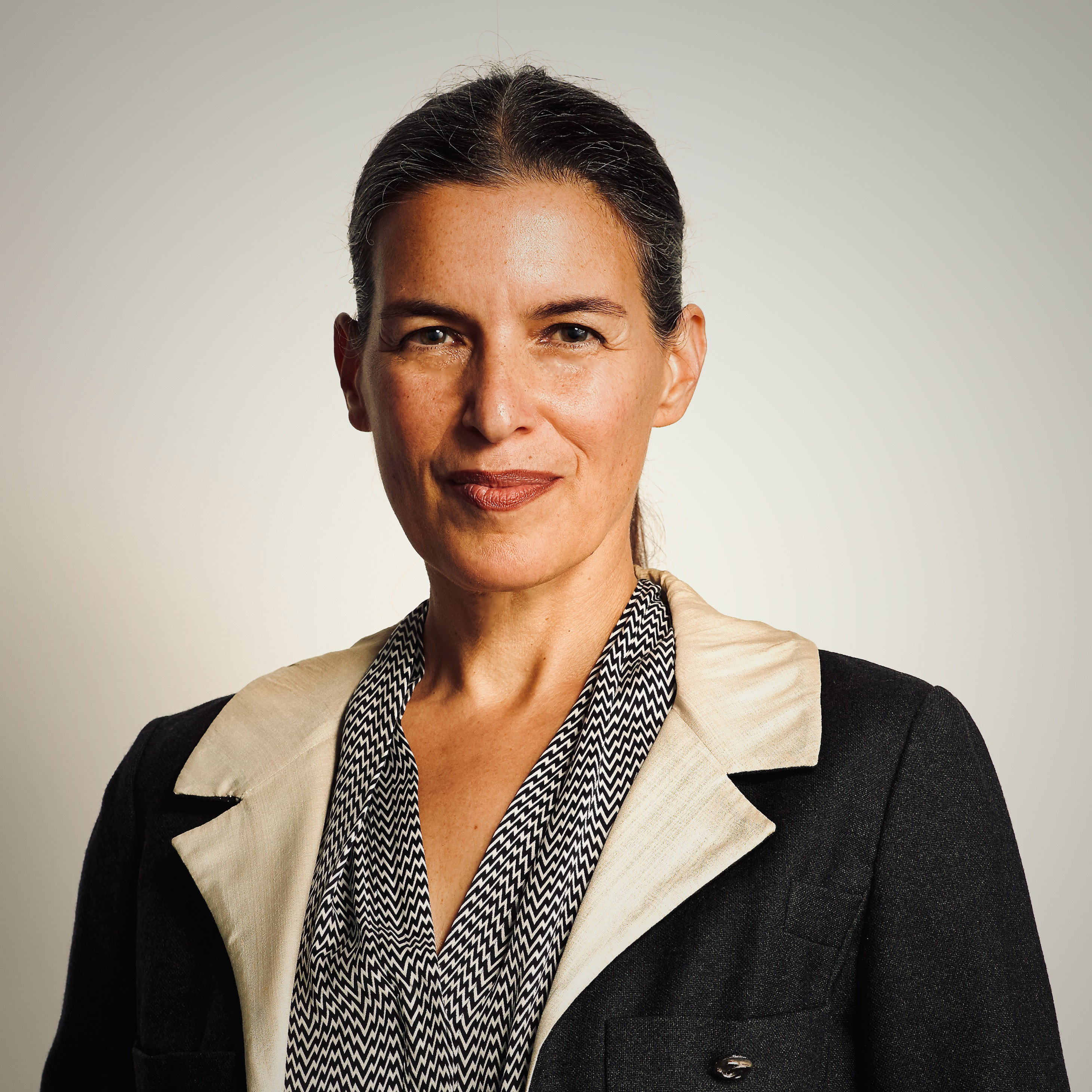
Tema Milstein
Tema Milstein’s work tends to ways culture and communication shape ecological understandings, identities, and actions. Her recent edited books, the Routledge Handbook of Ecocultural Identity (2020) and Environmental Communication Pedagogy and Practice (2017), explore the centrality of the ecological in our lives and our learning. She is an Associate Professor of Environment & Society in the Faculty of Arts, Design & Architecture at UNSW Sydney, and convenor of the Master of Environmental Management program.
